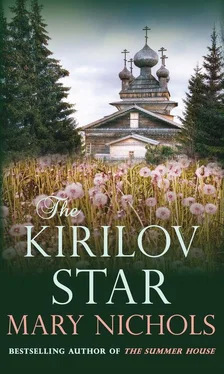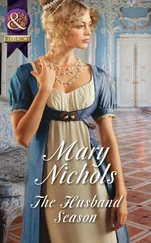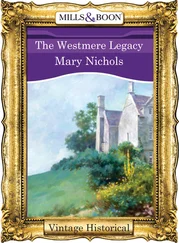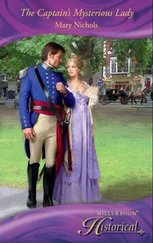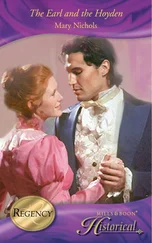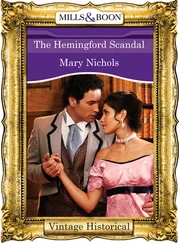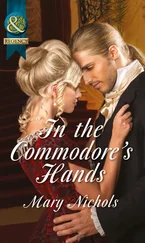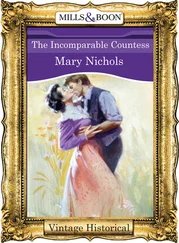Edward said nothing to his superiors about Lydia. He had a feeling his actions would be frowned upon, and he did not know how to explain that the child’s plight had touched a chord in his heart and that her very silence seemed to be a reproof. He could not do much to help hundreds, but he could do something for this little one. She was still not talking and now they were in England it would be doubly difficult for her. A strange country, a strange language, strange people and the loss of her family all had to be dealt with. He hoped and prayed Margaret would understand when he took the child home.
1920
Upstone Hall was a country mansion in the village of Upstone in north-west Norfolk, surrounded by farming country. In the last few years Sir Edward had not often been in residence, having diplomatic postings abroad. Before the war his wife had always gone with him. They had no children, which was a source of great sorrow to them both, but she had enjoyed the social life in the different embassies to which he had been attached. But when war came he had been posted to Russia and she ceased to accompany him. He had returned home briefly at the end of hostilities, but because of his fluency in the language, he had been sent back to Russia specifically to help the refugees. It was frightening what was happening to that country and he wanted her to be safe, so once again he had left her at home. She lived at Upstone, managed the house, did good works in the village, raised money for the relief of refugees, visited friends and relatives and wrote long letters to him. He had written to tell her about Lydia but there had been no time to receive a reply before they set sail.
Sitting in the first-class compartment of the train taking them to Norfolk he turned his head to look at the child. She was pale and drawn, as she had been ever since he had taken charge of her. Her face betrayed no emotion, either of misery or pleasure. She hardly spoke except to say ‘please’ and ‘thank you’ when offered food. He sometimes felt impatient with her, but then reminded himself of what she had been through and was filled with compassion. They changed trains at Ely and half an hour later drew up at the small wayside station at Upstone where they were met by Groves with the pony and trap.
He was home to a peaceful countryside, recovering from the war to end all wars and the dreadful flu epidemic that followed it. Many of the young men were gone, never to return, but those that were left, along with their womenfolk, were picking up the pieces and trying to get on with their lives. Times were hard enough in Britain, what with shortages and strikes; what was happening in Russia was so remote, so far away, they hardly gave it a thought. He smiled at Lydia. ‘Nearly home,’ he said in Russian.
‘Mama?’ she queried. ‘Will Mama be there?’
‘No, little one. I am afraid we do not know where she is. I promise I will do my best to try and find her for you, and in the meantime, you will live with us.’
He saw one large tear spill over her lashes and roll down her cheek, the only indication she gave that she had understood him. He put his arm about her shoulders and drew her to his side. ‘We will look after you,’ he murmured, bending to kiss the top of her head. ‘I promise you that.’
They turned into the drive where the pony, as if sensing it was nearly home, broke into a trot, and then they were drawing up beside the house and the door was flung open and Margaret ran down the steps to throw herself into his arms almost before he could get down. ‘You are back. Oh, thank the Lord! I could not believe you were really on your way until I got your telegram. Welcome home!’ She took his arm to drag him into the house, ignoring Claudia and Lydia who still sat in the trap, looking bewildered.
‘Hold hard!’ he said, laughing. ‘I am not alone, you know.’
She turned to look at the occupants of the trap. ‘Oh, I forgot you were bringing someone back with you. I’ll send Mrs Selby out to them. I want you all to myself.’
‘Later,’ he said, turning to lift Lydia out and set her on her feet. ‘This is Lydia Mikhailovna Kirillova. She is going to stay with us while I try to locate her family.’ He turned to the child. ‘Lydia, this is my wife, Lady Stoneleigh. Give her a little curtsy and say how do you do.’
Lydia, whose mama would have deplored bad manners on her part, obeyed, though she could not manage a smile.
Claudia was presented next and made her obeisance and then they all went indoors where Mrs Selby, the housekeeper, was sent for and the girls were delivered into her hands. She was a thin woman, dressed in dark blue with a white frilly cap on her grey hair. At her belt was a huge bunch of keys.
She conducted them to the top floor of the three-storey house, to some rooms she called the ‘nursery suite’. They consisted of two adjoining bedrooms and a bathroom, adequately but not luxuriously furnished. Their bags, which had been filled with their meagre belongings, had arrived ahead of them and stood on the floor at the foot of one of the beds in the room they were to share. Lydia looked about her. This was like the nursery suite in St Petersburg. She remembered that every afternoon she and Andrei would be taken by Tonya downstairs to Mama’s boudoir and they would talk about what they had been doing, the lessons they had learnt, the pictures they had drawn, the walks they had taken. Sometimes Papa would be there and they played games together. It did not happen when they moved to Kirilhor because, although there were many, many rooms, they had been desecrated first by the occupying Germans and then by vandals, and they had been obliged to live in one small section of the house. And Papa was more often away than at home.
‘I have had no orders about where you are to have your meals,’ Mrs Selby said, after she had shown them the schoolroom, where a bright fire burnt. ‘For now you had better come down and fetch them up here. Supper will be ready at six. I will leave you to unpack.’
As soon as she had gone, Claudia took Lydia back to the bedroom and began opening drawers and cupboards and inspecting the washing facilities, talking all the time in her broken Russian, but when that became inadequate, she lapsed into English. ‘We shall soon be comfortable,’ she said. ‘Sir Edward is obviously very wealthy. Look at the size of this house, a palace, it is. Lots of servants I shouldn’t wonder, and horses and carriages. Maybe a motor car.’ She was unpacking the trunk and putting things away, watched by a silent Lydia. ‘We shall do all right here, but you will have to learn English. Are you hungry?’
Lydia caught the gist of the last sentence and nodded. She felt strange, as if someone had picked her up from Kirilhor and transported her on a cloud to this place. She could not remember how she got here. The time was a blank, a nightmare from which she was only now awakening.
‘Will you be all right here while I go and fetch our supper?’ Claudia asked her in Russian. She did not wait for a reply, but left her. Lydia went to the window and looked out. Way below her was a yard and men with horses. The trap in which they had arrived was now without its pony and was tipped up on its shafts. A black and white dog lay outside a kennel. Beyond that was a park whose trees still had a few russet and yellow leaves, but were mostly bare. The ground beneath them was green. Everywhere was green. When they had left Kirilhor it had been white. What had happened in between? She had lost Mama and Papa and Tonya and Andrei, but how? Why was she here? A tear gathered in her eye and rolled down her cheek unheeded.
‘Edward, what am I supposed to do with her?’ Margaret asked as they sat over their dinner. Cook had taken especial care over the meal in honour of his homecoming. There was vegetable soup, roast beef, roast potatoes, cabbage, cauliflower, carrots, Yorkshire pudding and rich gravy, and that was to be followed by apple pie and cream, a typically English meal and one she knew he would appreciate after being away so long. ‘She is such a strange little thing. Does she speak any English at all?’
Читать дальше
